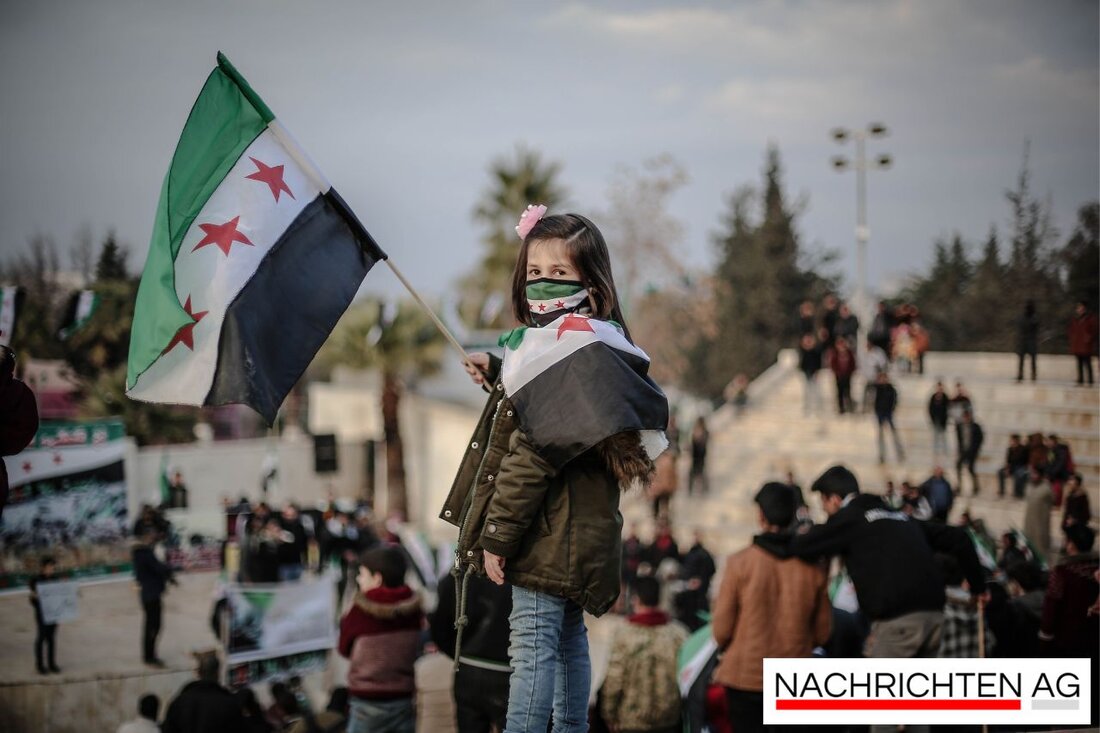Refugee accommodation in Falkensee: District plans to dismantle until 2027!
Refugee accommodation in Falkensee: District plans to dismantle until 2027!
In the Hovelland district, there is a fundamental change in the accommodation of refugees. As the district administrator Roger Lewandowski (CDU) announced in the district council in Rathenow, the refugee accommodation in Falkensee is to be dismantled. This decision is not surprising, because the container system, which offers space for 400 people, is currently only 20 percent occupied. In view of the persistently high vacancy rate and the low allocations of refugees, the district is forced to take this step.
A total of 309 refugees were assigned to the district this year, but only 115 actually housed in the facility. The extensive accommodation of various nationalities, including Afghanistan, Türkiye, Iran, Syria, Somalia, Morocco and Vietnam, makes the situation all the more urgent. In order to minimize the cost of vacancy, the district has decided not to extend the lease for the site that runs until 2027. As soon as the contract expires, the property is returned to the owner.The way to accommodation and their challenges
District Administrator Lewandowski had already pointed out the need for suitable land for the accommodation of refugees over a year ago. The municipalities were asked to offer suitable areas or buildings, but the reactions remained rather shy. The property on Spandauer Straße in Falkensee, which was considered for a shared accommodation, offers an approach. The district has the obligation to accept refugees in accordance with the state recording law, but there is no stable assignment level.The majority of the people recorded in the district has a prospect of staying; Nevertheless, the accommodation is expected to be used temporarily. The security concepts are developed in cooperation with the police to create a safe environment for the residents. Despite the high investments of around 5 million euros for the construction of the accommodation, insulation and reducing the containers, subsequent use could be excluded due to legal regulations.
prospects for the future
The district is required to transfer all current residents to other accommodations by the end of 2027. This challenge not only brings with it social, but also infrastructural requirements. Similar procedures can also be observed in other regions, as the example from Munich shows. There, asylum seekers are registered in initial reception facilities and then accommodated in shared accommodation that are operated by the districts.
whether in Falkensee or elsewhere, the topic of accommodation of refugees remains an important topic. The district is responsible for the migrant communities and at the same time faces major practical challenges. How the situation will develop in the coming months remains exciting to observe.
| Details | |
|---|---|
| Ort | Falkensee, Deutschland |
| Quellen | |


Kommentare (0)